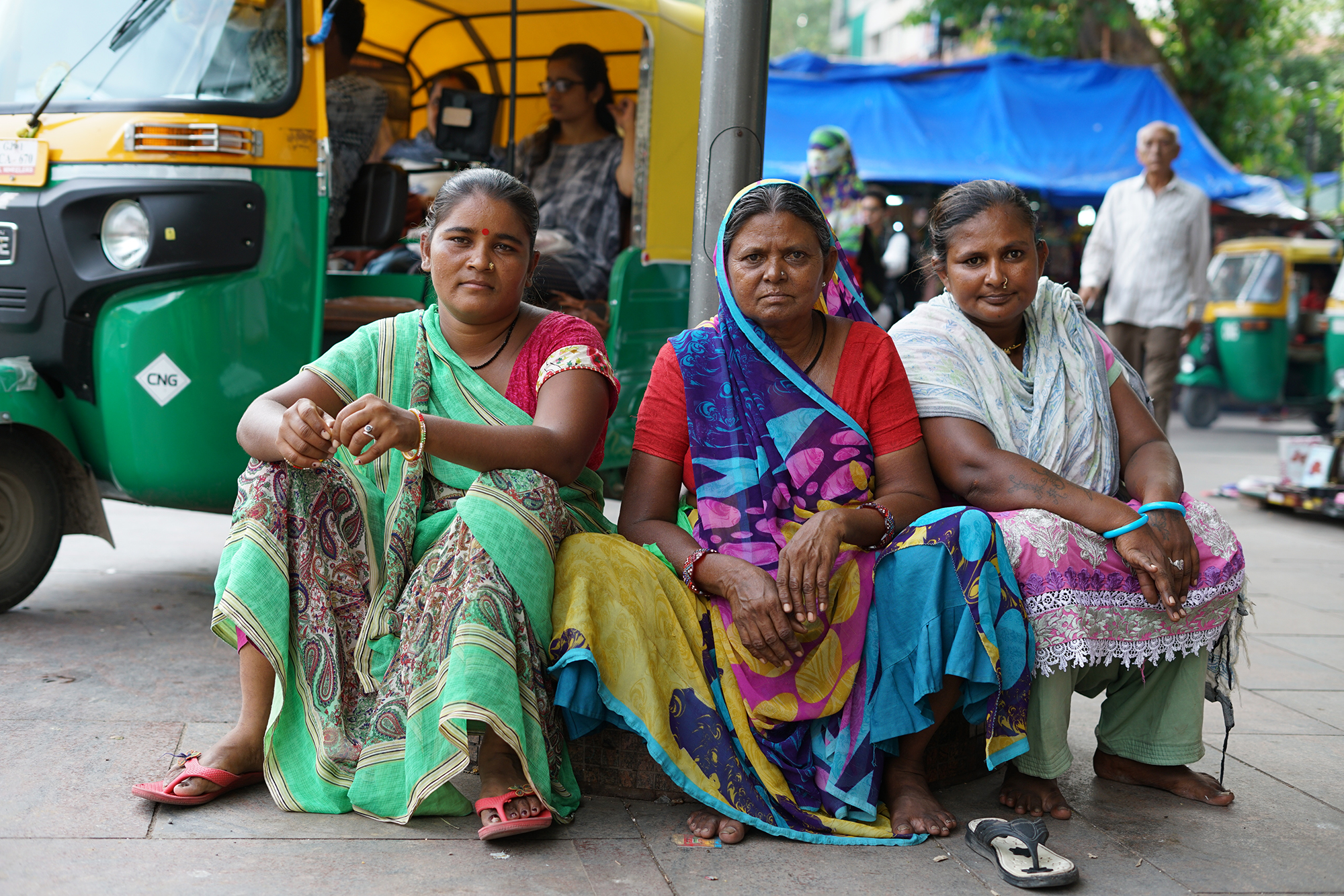This article was published more than 5 years ago.
This article is part of a series featuring inspiring stories of local action #fromthefrontlines of COVID-19 in the Global South. For more, visit our COVID-19 page and follow us on Facebook and Twitter.
Across the world, the COVID-19 pandemic has decimated the livelihoods of self-employed people and those who depend on contract work and daily wages. In a country like India, where nearly 400 million people make up the informal labor sector, the consequences are shattering.
For these construction workers, dish washers, street vendors, domestic workers, and other informal laborers, the pandemic has jeopardized their ability to pay for food, housing, and other basic needs.
As many predict that formal government programs will not provide informal workers with adequate support, local organizations such as Fund-backed group Jan Sahas are standing up and stepping in.
The informal workers who Jan Sahas supports have few options: They can remain in overcrowded urban spaces or, when possible, migrate back to their communities. But going home poses an increased risk of transmission along their migration journey.

Jan Sahas is ensuring that migrant laborers traveling home along well-heeled migration corridors surrounding Delhi and Mumbai have accurate information about symptoms and transmission, along with protective materials such as masks, sanitizer, and soap.
Their services also include a 24-hour hotline for advice about safety, food packages for those having difficulty obtaining state-issued rations, and emergency financial protection for those lacking basic funds .
Beyond meeting migrating laborers’ urgent needs, Jan Sahas is working to ensure that all of India’s informal workers can access government programs and protections. For example, approximately 16 million construction laborers—nearly one-third of the construction industry’s workforce—are unregistered and therefore unlikely to receive relief funds.
Jan Sahas is conducting a rapid assessment of this and similar challenges in the coming weeks, providing vital data and proposing recommendations to government to make sure informal workers are not left behind.
The work of local groups like Jan Sahas is more important than ever. They know their communities best and, with flexible funding and the right tools, they will help communities and families weather this storm. The Fund is proud to stand by them and the informal workers of India.